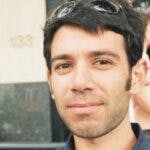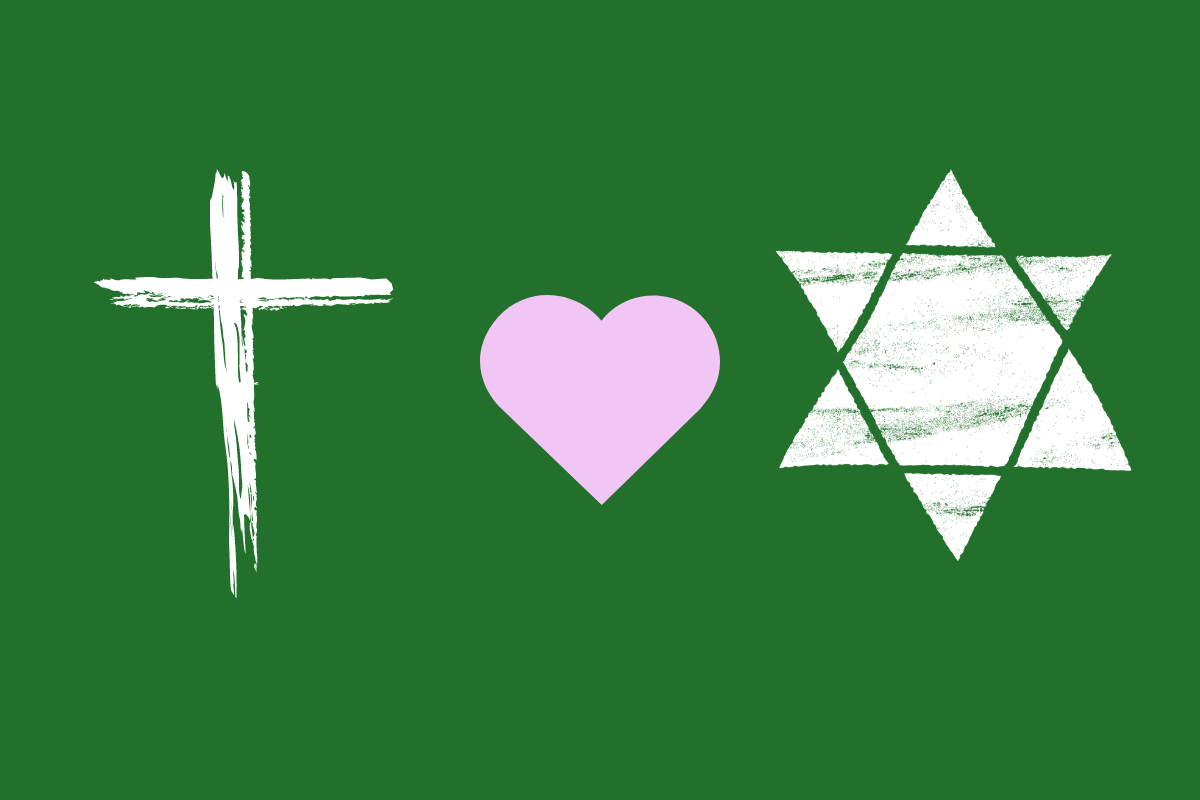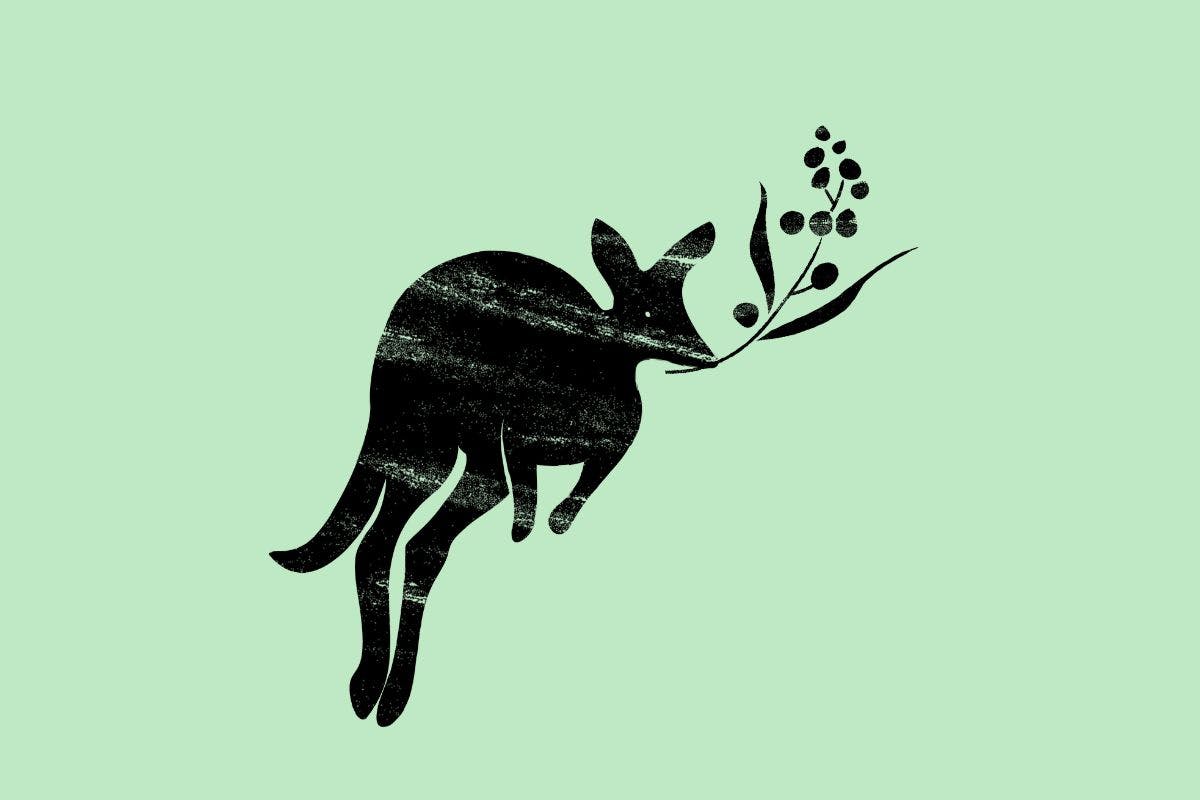Published: 24 June 2022
Last updated: 5 March 2024
BENJAMIN PREISS: New research at Monash University will test the theory that men and women had different coping strategies after the Holocaust
Monash University Jewish history expert Daniel Heller is determined to avoid cliched ideas of intergenerational trauma in his new research exploring how survivors coped after the Holocaust.
He says much research in the past emphasised the “deficit and dysfunction” in survivors’ lives, inflicted by the trauma they suffered. But this approach fails to capture the breadth and complexity of survivors’ experiences in rebuilding their lives.
Dr Heller, who specialises in Eastern European Jewry, wants to examine the legacy of resilience survivors passed to their children who grew up in the years after the Holocaust.
The research will also investigate the extent to which gender affected the struggles of Holocaust survivors in Melbourne. It will also look at whether men and women adopted different coping strategies.
“People used to think trauma and resilience were binaries. ...I think the reality is much more complex.”
Dan Heller
In the coming months, Dr Heller and a team of researchers will interview survivors and their children in the hope of better understanding how they moved forward as they adapted to life in Melbourne.
He says the project, funded by the Kerryn Baker Memorial Endowment for Gender Research, will embrace the complexity of survivors’ accounts, acknowledging people can simultaneously feel vulnerability and strength throughout different parts of their lives.
“People used to think trauma and resilience were binaries. You were either deeply traumatised and unable to cope in the present or you had completely overcome against all odds the darkness of the past,” he says. “I think the reality is much more complex.”
For Heller, this project is both personal and professional. As a child growing up in Toronto, he was close to his maternal grandmother who was born in Warsaw in a Hasidic family of ten people.

She survived Auschwitz but was the only member of her family to emerge from the Holocaust.
“This was a woman who had literally lost everyone and everything. Growing up she was my hero. She was 4’10” but extraordinary,” he says. “I must have thought she was 8 feet tall. She was such a personality - charismatic and strong and loving. She had a tremendous impact on my life.”
As a teenager Heller, also developed a relationship with a distant cousin who also survived the Holocaust but struggled every day with the pain of her loss.
“I saw the trauma and the resilience combined in one person,” he says. “It’s a big motivating factor for me in creating this interview project to make sure we just allow the space for all of those things to exist - not only for survivors but for their children.”
Dr Heller says the research will test the theory that men sought support by joining institutions, including synagogues and political movements, while women coped with their trauma through “deep friendships” with fellow female survivors.
“I always have questions about whether men and women have different coping mechanisms. To what extent are those mechanisms socially constructed? Are they the product of the environment or are they innate?”

Although Dr Heller says the children of survivors are a “second-hand source”, the researchers want to understand how they perceive their parents.
For this research, the team defined a Holocaust survivor as anyone who lived in a location under direct or indirect rule of the Nazis at any point between 1939 and 1945.
Dr Heller stresses that people who encountered the Nazi regime prior to 1939 may have experienced severe trauma, but Hitler had yet to fully articulate a plan to exterminate all Jews.
“The people who we’re studying ultimately were all targets to be annihilated by the Nazis - men, women, children.”
The confidential interviews will last up to 90 minutes and transcripts will remain anonymous. Dr Heller says participants will be free to withdraw from the interview at any point and all questions will be optional.
The interviewees will also have the option of allowing their transcripts to be archived at the Melbourne Holocaust Museum.
The researchers will also examine archival material that illustrates the support networks that survivors created.
Fellow researchers include Emily Berger, senior lecturer in the Monash School of Educational Psychology and Counselling, who specialises in trauma and resilience with a focus on children.
Social work lecturer Marcello Maghidman, who has worked as a researcher and private counsellor with Holocaust survivors and their children, is also part of the team.
Dr Maghidman wants to bring his counselling experience to the project, including his volunteer work with Holocaust survivors. But he also has his own family history of loss.
“Personally, I share specific interest having lost several family members mostly in the Babi Yar events in September 1941,” he says.
In the Babi Yar massacre, more than 33,000 Jews were murdered by Nazis and Ukrainian collaborators.
Monash University psychologist and graduate student Daliya Greenfeld, herself the child of Holocaust survivors, is also working on the project.
The researchers hope their work will help to improve the lives of those who emerged from the Holocaust in their final years, as well as their children.
But sadly, Dr Heller says, there is no shortage of survivors from other atrocities today who may also benefit from this study.
To learn more or participate, follow this link or contact Dr Daniel Heller on daniel.heller@monash.edu
RELATED STORY
Sixty Jewish Tombstones Uncovered at Polish Town’s Gestapo Headquarters (Haaretz)
Photo:Women on the selection platform at Birkenau (Yad Vashem)




